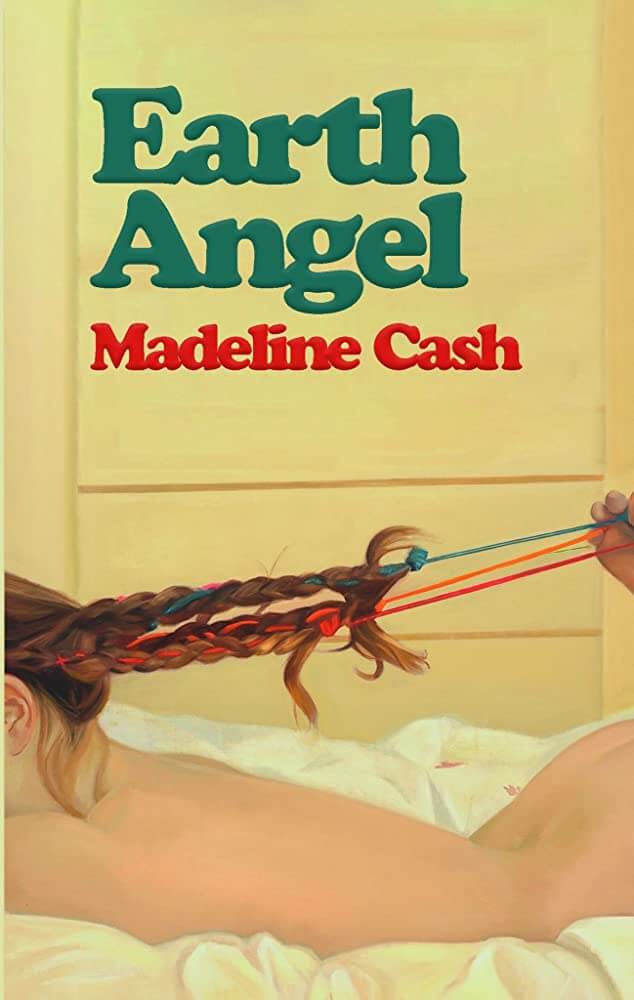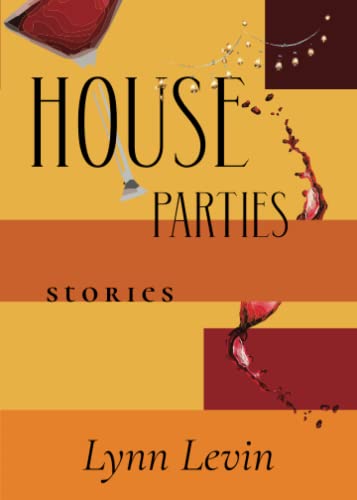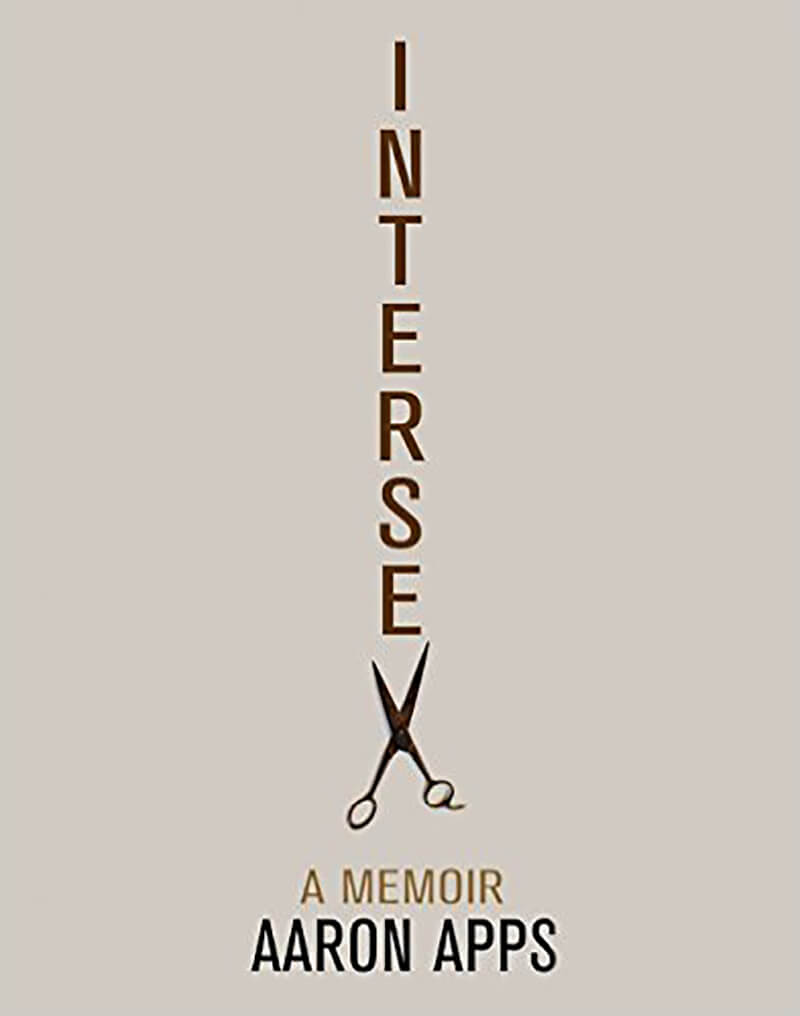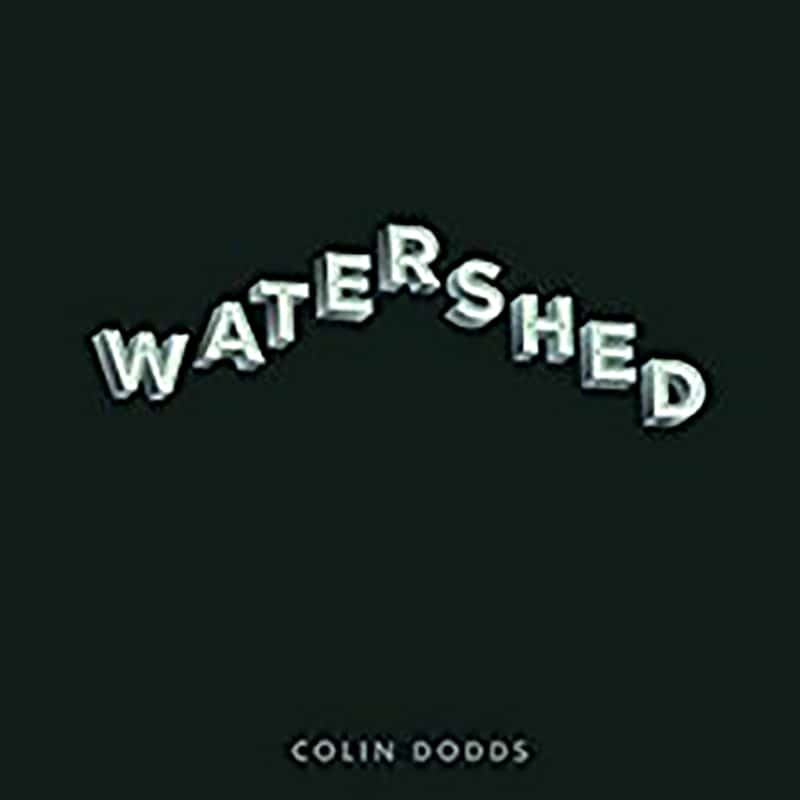
Review
Earth Angel
by Madeline Cash
CLASH Books
ISBN: 978-1955904698
Review by Alex Carrigan
If one were to look at a social media feed and presume it accurately cataloged the entirety of Earth’s experiences and attitudes, they would assume it’s a massively dysfunctional, confused, and cynical place. The 21st century has seen some of the greatest developments in communication technology, but all that has done is usher in new forms of radicalization, trend-chasing, and lingo that gets misused in serious situations. To filter through all this haze and to make sense of the world as presented through social media means refining the essence of each post and photo to see what it says about the disenfranchised of today.
In her debut short story collection Earth Angel (CLASH Books, April 2023), Madeline Cash presents sixteen stories that attempt to digest the absurdity and cynicism of late millennials and early zoomers into bite-sized archives of rote human experiences.
Each of the stories in this collection carries the energy and feel of quickly scrolling through your Twitter feed while waiting for the bus or train to arrive, where the words and emotions blend together as you continue to move down until one notable image or passionate statement forces you to take it all in. It’s a collection where the characters exist and passively respond to their environments, but how they do so informs how a world like the one in Earth Angel could create such characters.
Many of the stories in Cash’s collection appear be set in an alternate or near-future Los Angeles not seen since Boots Riley’s Sorry to Bother You, where technology has massively changed the way people go through their daily lives but has also bred cynical and anti-establishment attitudes. A few of the stories are outright satirical in their handling of current events and topics. “The Jester’s Privilege” follows a woman working for a marketing company that is currently trying to rebrand Islamic fundamentalism to be more palatable and progressive, a company she also notes has produced campaigns for movements and controversial entities like crypto-fascism, puppy mills, fracking, and “to lessen concern for the opioid crisis.” “Slumber Party” follows a woman who uses an app to hire friends to throw her a slumber party for her thirtieth birthday, an expensive, rigid endeavor that includes an itinerary that involves bitcoin mining, group sex, and singing “House of the Rising Sun” during karaoke. The titular story of the collection follows a woman’s encounter with a tech CEO who is in a Tide pods-esque controversy and whose Laurel Canyon mansion reflects the future of capitalism on the West Coast in its sleek, soulless design.
In each of these stories, Cash presents characters who, while showing morals and boundaries, are all ultimately too passive to really do much about the world. There’s a resigned air to the people in the story, as if all their time online has taught them how to detach themselves from the world around them and focus on whatever could give them stimulation and satisfaction in that moment. This is also reflected in much of Cash’s prose, which is full of long run-on sentences where the narrators of each story list items, persons, and movements that fluctuate in relevance to one another, but stand out in how they occupy that space because they allowed them to take it in.
While Cash’s collection could easily fall too deep into cynicism and bleakness, the collection as a whole allows enough levity and wit to keep the reader from feeling too guilty about how much time they spend online. If anything, the collection tends to shine in the stories where Cash is more interested in presenting picaresque stories focused on the specific period in the narrators’ lives. “Little Dalmatia” focuses on the narrator’s encounter with several odd characters during their youth, primarily a former teacher who runs a Hollywood tours company out of his crummy warehouse home that has become a party spot for teens. While the narrator is passive in how she sees the characters around her, it is clear that these encounters did manage to impact her somehow, and doing so allows her to ground herself in the era. Another short story, “TGIF,” recounts an office staff and their quirks and interests before having them cheerfully go out for drinks. There are some oddities in their quirks, such as the woman who still breastfeeds her 12-year-old son and the guy currently being recruited for ISIS, but the joy of all of them going out for Happy Hour is one of the elements the narrator cherishes, even if she admits she’s terrible at her job.
Earth Angel is a collection whose stories are brief, but all touch on the details that remain in our minds as we consume and consume in the digital age. It’s a quick read, but that’s only because Cash’s satirical and clever prose makes it easy for the reader to be absorbed and react to the tales within. It’s a collection that makes the reader wonder how absurd their connection to technology is and if they have become absurd in the process, but also asks them to remember what they actually take out of it when they finally log off.
About the Author
 Alex Carrigan (he/him) is a Pushcart-nominated editor, poet, and critic from Virginia. He is the author of May All Our Pain Be Champagne: A Collection of Real Housewives Twitter Poetry (Alien Buddha Press, 2022), and Now Let’s Get Brunch: A Collection of RuPaul’s Drag Race Twitter Poetry (Querencia Press, forthcoming 2023). He has had fiction, poetry, and literary reviews published in Quail Bell Magazine, Lambda Literary Review, Barrelhouse, Sage Cigarettes (Best of the Net Nominee, 2023), Stories About Penises (Guts Publishing, 2019), and more. For more information, visit carriganak.wordpress.com or follow him on Twitter @carriganak.
Alex Carrigan (he/him) is a Pushcart-nominated editor, poet, and critic from Virginia. He is the author of May All Our Pain Be Champagne: A Collection of Real Housewives Twitter Poetry (Alien Buddha Press, 2022), and Now Let’s Get Brunch: A Collection of RuPaul’s Drag Race Twitter Poetry (Querencia Press, forthcoming 2023). He has had fiction, poetry, and literary reviews published in Quail Bell Magazine, Lambda Literary Review, Barrelhouse, Sage Cigarettes (Best of the Net Nominee, 2023), Stories About Penises (Guts Publishing, 2019), and more. For more information, visit carriganak.wordpress.com or follow him on Twitter @carriganak.



